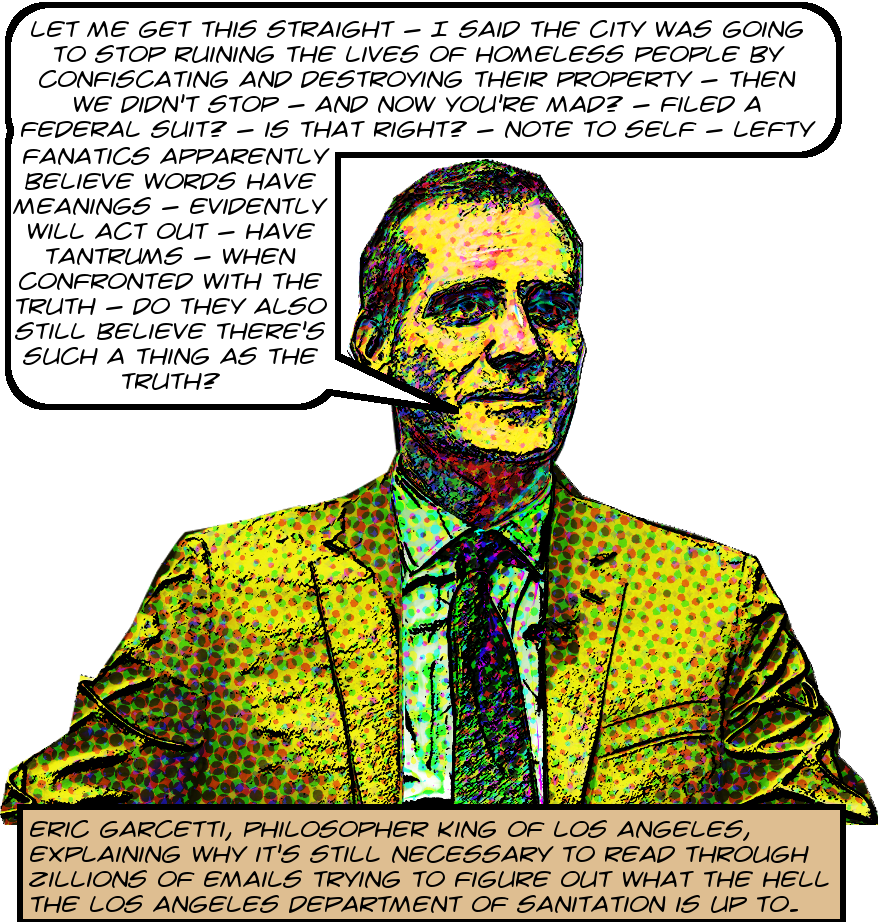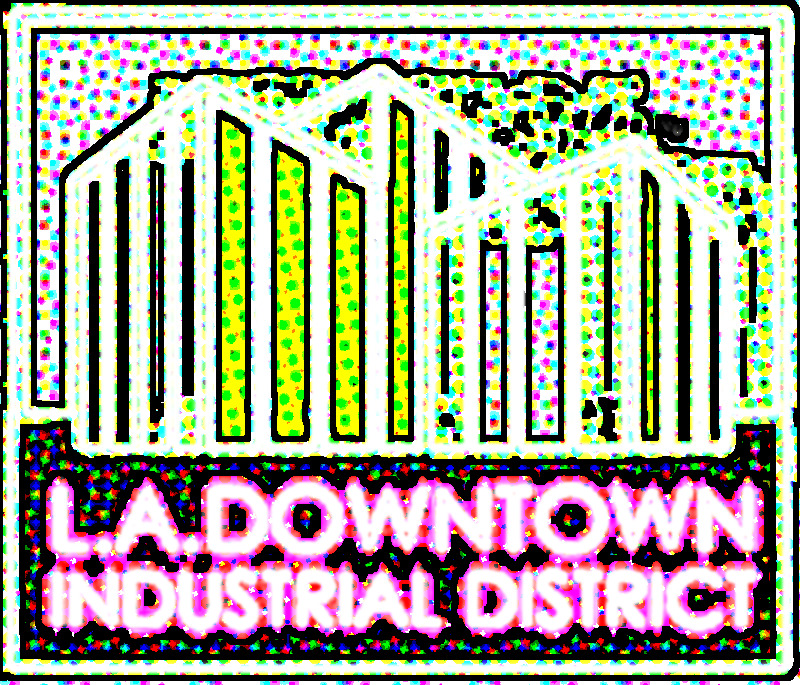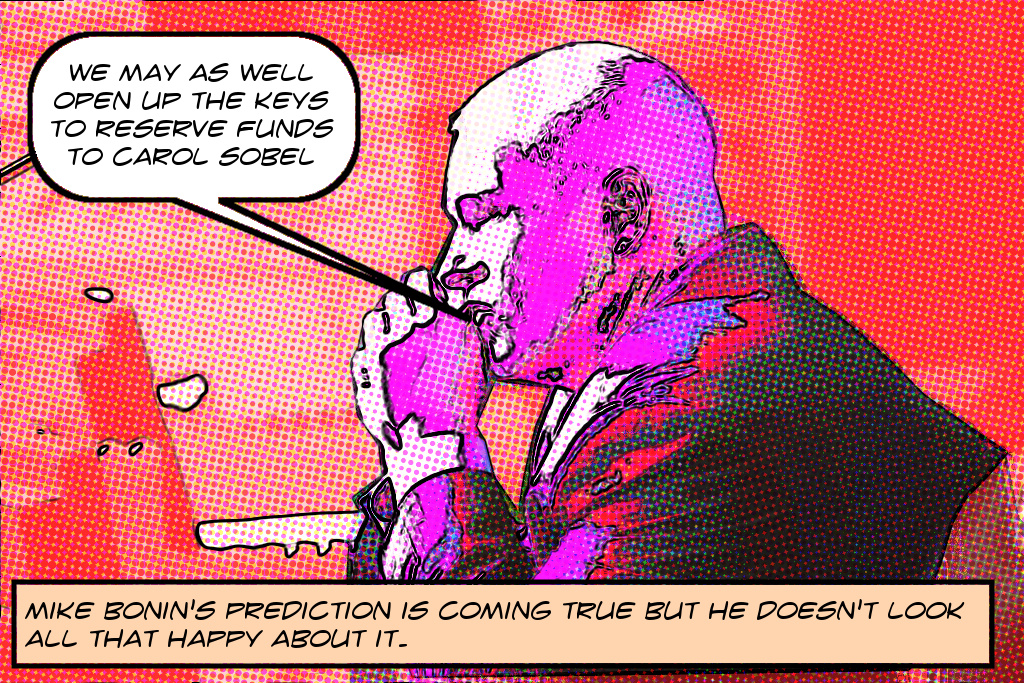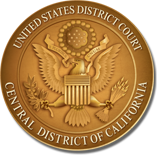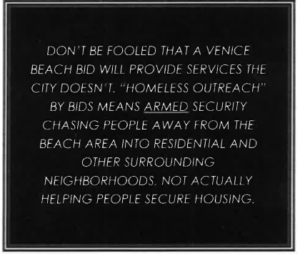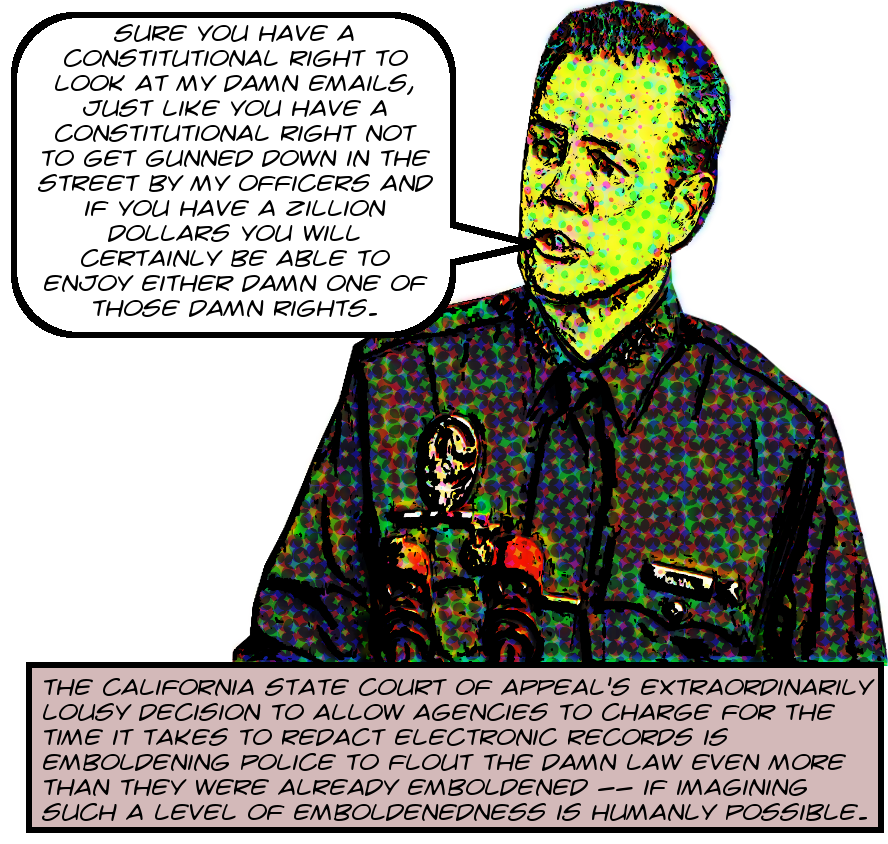 Don’t know if you’re aware, but in September 2018 the California Court of Appeal held that local agencies could charge CPRA requesters for staff time for redacting electronic records. In particular, the City of Hayward charged the National Lawyers Guild more than $3,000 to redact some parts of bodycam videos. It’s well-established for paper records that agencies must allow inspection at no cost and if copies are requested, can charge only the direct cost of copying.
Don’t know if you’re aware, but in September 2018 the California Court of Appeal held that local agencies could charge CPRA requesters for staff time for redacting electronic records. In particular, the City of Hayward charged the National Lawyers Guild more than $3,000 to redact some parts of bodycam videos. It’s well-established for paper records that agencies must allow inspection at no cost and if copies are requested, can charge only the direct cost of copying.
The Court of Appeals based its opinion on the CPRA’s much-abused §6253.9(b)(2) which states that an agency can charge a requester for the bare privilege of inspecting a record under a small set of very specific circumstances:
… the requester shall bear the cost of producing a copy of the record, including the cost to construct a record, and the cost of programming and computer services necessary to produce a copy of the record when … [t]he request would require data compilation, extraction, or programming to produce the record.
The court’s reasoning was that redaction of a video constitutes extraction required to produce the record. Sane people can see, however, that the video already exists. Nothing is required to produce it. This section is talking about e.g. running queries against databases, where the requester only wants certain information and the results of the query constitute a new record that “would require data compilation, extraction, or programming to produce.”
And as you can imagine, after this opinion was published, obstructionist anti-CPRA lawyers all over the state started drooling on their pillows in glee. For instance, Carol Humiston, the soon-to-be-disbarred Rasputinian ear-whisperer to transparency-averse business improvement districts all over Los Angeles, advised her clients on the basis of this decision to assert that if I wanted to see any more of their damn emails I would have to pay for them to buy Adobe Pro so that they could redact them.
She backed off on this outlandish claim after I pointed out repeatedly that emails weren’t found in the wild as PDFs so that there was no case to be made for purchasing an expensive PDF editor to do a job that the built-in text editors that come with every computer operating system could do better. However, the LAPD also glommed onto this case, and the City Attorney’s office began theorizing madly, and now if you submit a request to LAPD for emails through NextRequest you’re met with an aggressive notice warning you that you’re going to pay and pay and pay unless you withdraw your request right now, and the notice explicitly cites the case.
So yeah, this opinion sucks and sucks big time, and it doesn’t just suck in theory, it’s actively sucking in practice even now as I write these very words. But at least it was appealed to the California Supreme Court. And at least the Supreme Court agreed to hear it. And papers have been filed, but it turns out to be really hard to get pleadings out of the Supreme Court.
But recently I was lucky enough to obtain a couple of interesting items. Here’s an amicus letter from a coalition of public interest law firms and activist organizations explaining the harm that the decision is doing. And here’s the opening brief, which explains in well-reasoned and exceedinly convincing terms why the Court should reverse this extraordinarily bad appellate decision. Both are fabulously worth reading, and there’s a transcription of the amicus letter after the break.
Continue reading A Coalition Of Poverty-Focused Community-Driven Advocacy And Legal Aid Organizations Filed An Amicus Brief With The California Supreme Court Asking That They Review The Abominable Court Of Appeals Opinion In National Lawyers Guild V. City Of Hayward — Which Held That Agencies Can Charge For Time Spent Redacting Electronic Records — Now Being Used By The LAPD To Functionally Deny Everyone Access To Emails — This Was In November 2018 But I Just Recently Got A Copy — The Supremes Did Agree To Hear It — And I Also Have A Copy Of The Stunning Opening Brief →
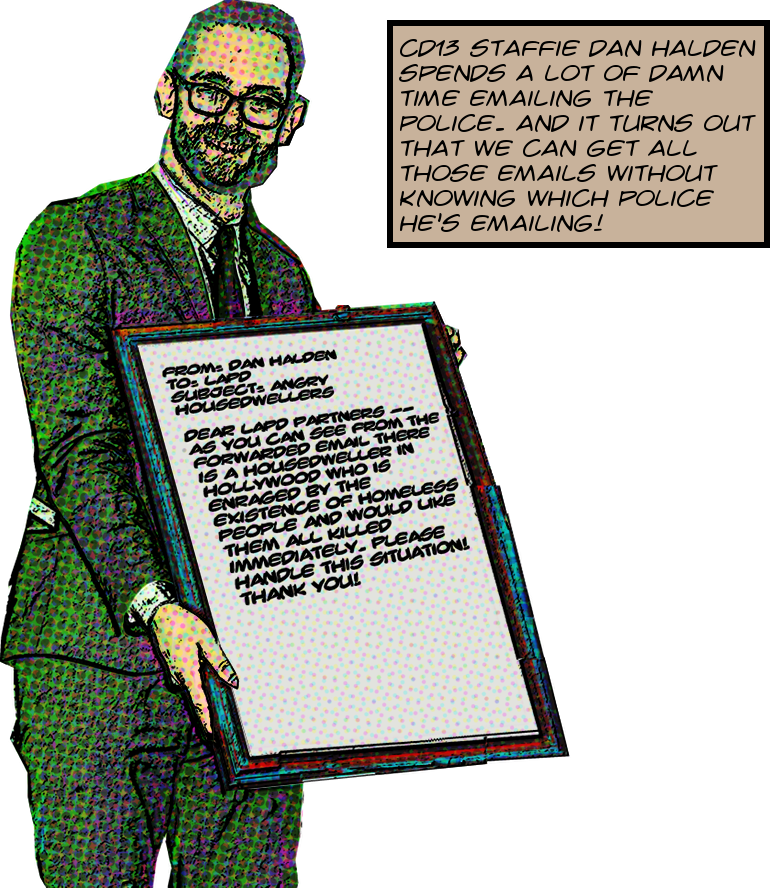 On January 13, 2019 I asked the Los Angeles Police Department for emails between CD13 staffer Dan Halden and any LAPD employee from January 1, 2016 through December 31, 2018. Yesterday, eight months later, they produced emails from October and November 2018 with the promise of more to come. How we got to this point is the subject of today’s post.1 Here’s what the request said exactly:
On January 13, 2019 I asked the Los Angeles Police Department for emails between CD13 staffer Dan Halden and any LAPD employee from January 1, 2016 through December 31, 2018. Yesterday, eight months later, they produced emails from October and November 2018 with the promise of more to come. How we got to this point is the subject of today’s post.1 Here’s what the request said exactly:
